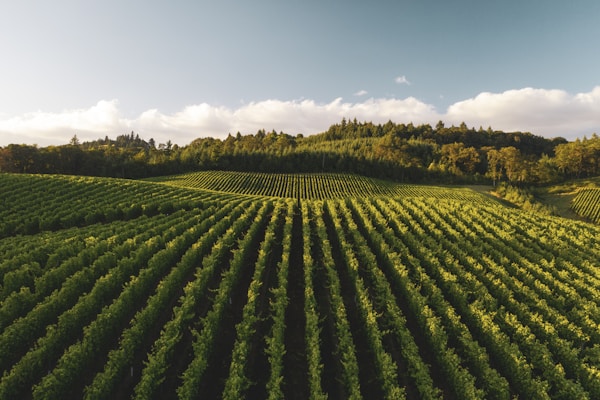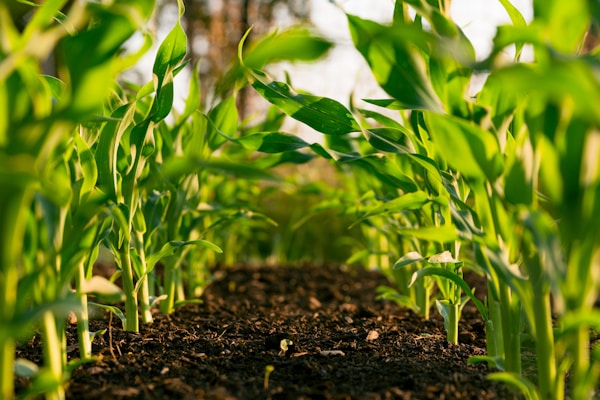Have you ever considered starting your own farm? If so, you’re in good company. With increasing concerns about where our food comes from and a growing appreciation for local, organic produce, more and more people are looking to get into farming. However, starting a farm is no small feat, and there is much to learn and prepare for before diving in. This article provides a comprehensive guide to starting a farm, covering everything from selecting the right land and crops to securing financing and managing your resources. Keep reading to learn more.
Choose the Right Land and Develop Your Farm Plan

Before beginning your farming journey, you’ll want to find the perfect piece of land. This will depend on the type of farm you wish to start and the region in which you live. Factors like soil quality, climate, and proximity to markets are important when choosing land. Take the time to research and understand your regional growing conditions, as this will help you determine which crops or livestock will be best suited for your farm.
Once you’ve selected your land, work on developing a farm plan. This should outline your short-term and long-term goals, the specific crops or livestock you want to raise, your target market, and any potential challenges you may face. A detailed farm plan will help guide your decisions and keep you focused on your goals, making it an essential tool for any aspiring farmer.
During the planning phase, consider searching for agricultural building construction Alberta contractors to provide top-notch facilities for your farm. Having a professional take care of the construction process will ensure that it meets your needs and requirements.
Secure Financing and Manage Resources
Starting a farm can be expensive, so you’ll need to secure financing before you can begin your operations. Many options are available for funding a farm, including government grants, loans, and private investors. Do your research to find the best financial option for your specific needs. Remember that you’ll also need to budget for necessary expenses such as farm equipment, seeds, livestock, and infrastructure.
Good management of your financial resources will be crucial to the success of your farm. Develop a detailed budget and diligently track expenses to stay on track. Additionally, look for ways to manage your resources effectively, such as investing in Esso Diesel to power your farm equipment efficiently and economically.
Don’t forget to plan for unexpected expenses and emergencies, such as crop losses due to weather or equipment breakdowns. Building a financial buffer can mitigate some of the financial stress associated with running a farm.
Learn Sustainable Farming Practices and Stay Updated on Technologies
Sustainable farming practices are not only beneficial for the environment but can also lead to increased profitability and long-term success. Take the time to learn about sustainable farming methods, such as crop rotation, cover cropping, and integrated pest management, and incorporate them into your farm plan.
Farming technology is rapidly advancing, regularly introducing new tools and techniques. Staying current on the latest technologies can help you improve efficiency, reduce costs, and make your farm more sustainable.
Networking with other farmers and industry professionals can also be valuable in learning about new trends, technologies, and best practices. Embrace the farming community and let their experiences inform and inspire your own journey.
Be Patient, Resilient, and Adaptable

Starting a farm is a challenging and time-consuming endeavor. It’s important to have patience, resilience, and adaptability throughout the process. Farming is a seasonal industry, and there will likely be slow periods and setbacks. Preparedness, planning, and perseverance can go a long way in overcoming these challenges.
Adaptability is crucial, as your farm will undergo constant changes and evolution as you learn and grow. Be open to modifying your plans and trying new approaches, as this will make your farm more efficient, sustainable, and successful.
Starting a farm is a massive undertaking, but with careful planning, a solid support system, and a dedication to learning and growing, you can succeed in the farming industry. Prioritize sustainability, stay updated on technology, and adapt to changing circumstances. This comprehensive guide should be a valuable resource to help you achieve your farming dreams.





